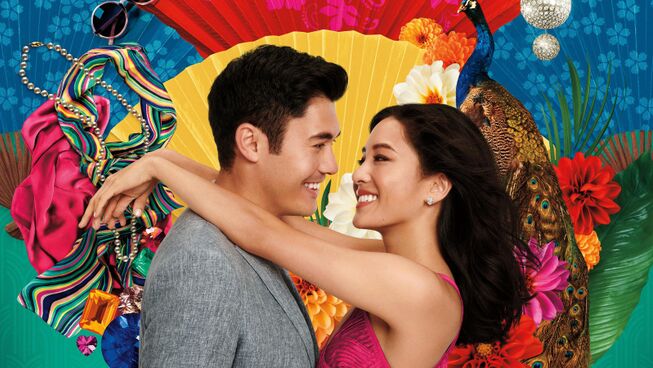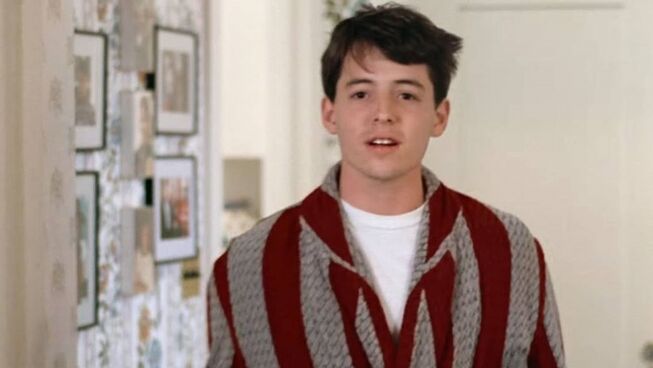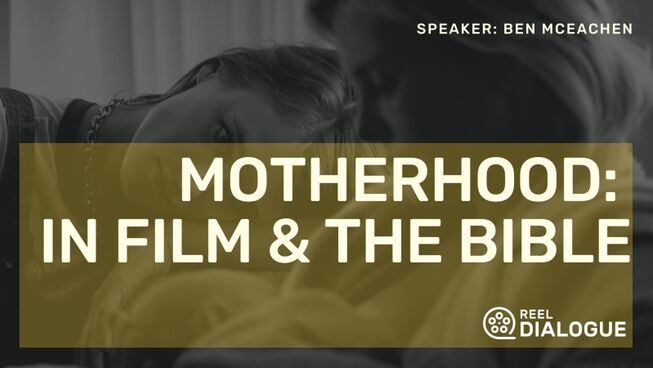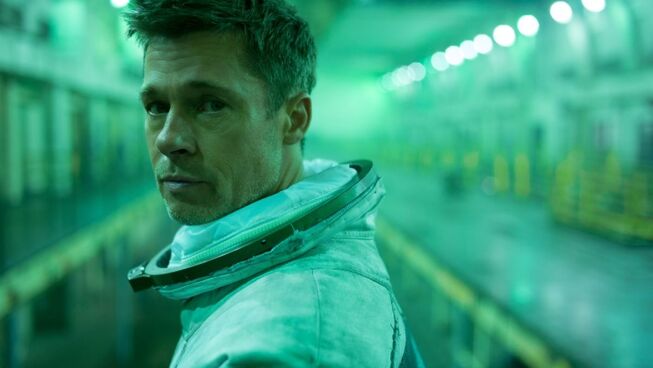
3.5 out of 5 stars
To say that a romantic comedy could be historically significant for potentially half of the world’s population might be overstating things, but Crazy Rich Asians is setting a new standard for Hollywood pictures. This is the first film from the United States that has an all-Asian cast that is not a period piece or involves martial arts. Based on the break out hit novel of the same name written Kevin Kwan, this is a familiar Cinderella tale with hints of Meet the Parents added in for good measure, but told with a modern spin on the cross-cultural experience of individuals from an Asian heritage who were raised in different cultures, specifically the United States and Singapore.
The focus of the story is centred on the burgeoning relationship of Rachel Chu (Constance Wu) and Nick Young (Henry Golding) who met in New York at university. She is a successful economics professor who has been raised in the United States by her mother who emigrated from China prior to Rachel’s birth. Nick grew up in Singapore and after living in New York and falling in love with his American girlfriend, he decides it is time to introduce her to his family.
Despite their close relationship, it is not until their trip to attend his best friend’s wedding in the Far East that Rachel becomes aware of the wealth and influence of her boyfriend’s family. The Young’s prove to be one of the wealthiest and most influential families in Singapore and their significance reaches around the world. Within moments of the couple’s arrival to the steamy shores of Nick’s heritage, this sophisticated economics professor must adapt to the lifestyle that the love of her life is accustomed and the expectations of being associated with him. Beyond navigating through the vicious circles of this well-to-do society, the biggest challenge for her and the future of their relationship is Nick’s mother and the matriarch of the family, Eleanor Sung-Young who is played with graceful intensity by Michelle Yeoh (Star Trek: Discovery).
The story may sound like so many fairy tale romances of the past, but Kevin Kwan manages to add a unique spin to the narrative of East meets West within the Asian community. This is not the familiar ‘duck out of water’ experience of the Westerner trying to mix in with a different society, but an attempt to display the western and eastern Asian divide that occurs within this people group. Showing that even with the commonalities of a shared heritage, this couple must adapt to the varied levels of upbringing brought about by one growing up in the United States and the other in Asia. Director Jon M. Chu (Now You See Me 2) manages to capture these aspects of the novel and strives to find the means to cross this divide with humour, a love story and then adding a small taste of cultural education in the process.
Even though there is nothing added to the romantic comedy genre, the cast and scripting provide a fresh spin on this simple concept. Alongside the seasoned dramatic presence of Michelle Yeoh, the young director manages to capitalise on the comedic skills of actors like Awkwafina (Ocean’s 8), Ken Jeong (Community) and the relatively unknown cast to provide the levity needed to balance out the familial tension in the film. Capitalising on the self-awareness of the script, the Asian cast provides an opportunity to laugh at cultural differences without causing racial angst.
Utilising a common structure to introduce a different view of a prominent culture is both wise and brilliant. Not to be fooled, Crazy Rich Asians is a straight-forward romantic comedy, but with the inclusion of a cultural interchange that will offer something new to many around the world and manages to set a new precedence for cinema.
REEL DIALOGUE: Including the Bible in a film, can it still be done without causing offence?
In Crazy Rich Asians, audiences will be introduced to Eleanor Sung-Young (Michelle Yeoh) in her Singapore surroundings while having a Bible study with her friends and relatives. This is a fascinating aspect of this film that would be easy to dismiss, but for some it will be hard to forget. Not that having the Bible in a film is strange as much as that in this modern era it is a scene that is not awkward or heavy-handed. The women’s study is presented as a normal part of their society and existence.
What makes this so intriguing is that the Bible seems to be an integral part of their heritage and not something forced upon them by an outside influence. The Bible is presented as a part of their daily routine. Which may not be odd to those from an Asian heritage, but it is revelatory for those looking in from the outside. Proving that the message of the Bible is universal and it is not relegated to the West. Christianity has a positive impact on all cultures around the world.
This may be a small element of Kevin Kwan’s romantic journey, but it did provide a fresh perspective on the spiritual side of cultures by showing that the Bible can fit comfortably into every culture.







